Tests and trials update
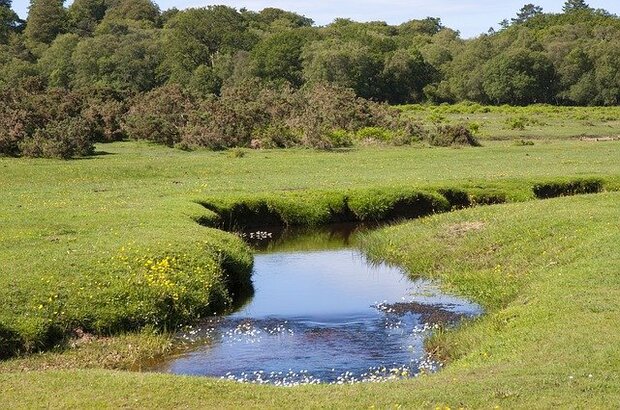
We’re happy to share that we are taking forward 31 proposals to develop into new tests and trials. In this post, we'll give an overview.

We’re happy to share that we are taking forward 31 proposals to develop into new tests and trials. In this post, we'll give an overview.
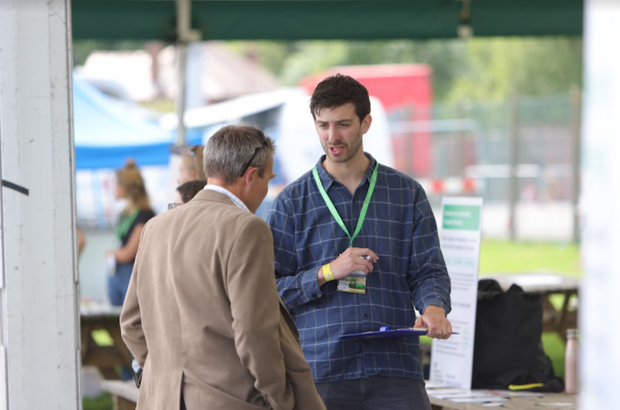
The Future Farming Advice team is responsible for making sure that people have the advice they need to support them through the agricultural transition and beyond. In this post, I’ll give you an overview of our work. I’ll share some of our findings and explain what we’re doing next.
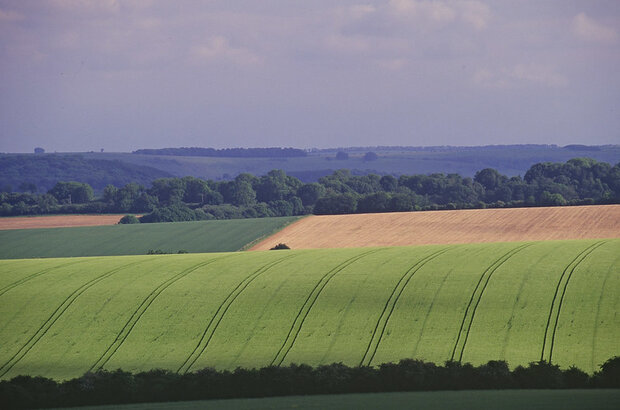
We ran some co-design workshops in November with farmers and other experts to help us work out how the regulatory system needs to change. We shared the outputs of that work on the blog. After those workshops, we began planning the next phase of our co-design work on regulation. I’d like to share our progress …
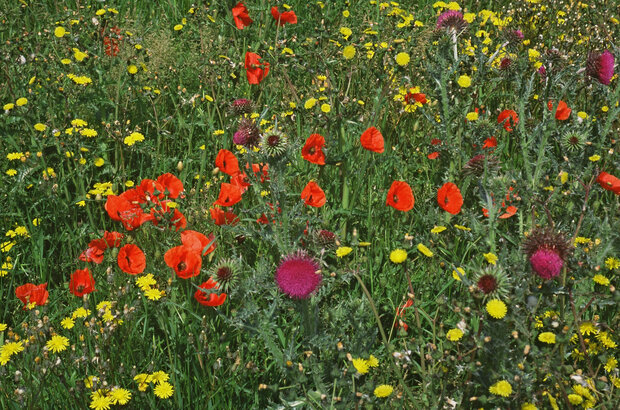
In this blog post, I’ll share how we have worked with the farming community to develop the standards for the Sustainable Farming Incentive from 2021.
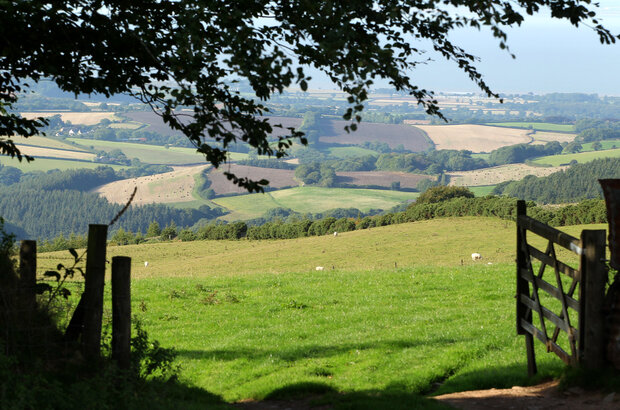
One of the areas we’re looking at is how much advice and guidance farmers and land managers might need in our new schemes. We’ve got 43 tests and trials exploring this and in this post we’ll share the latest findings.
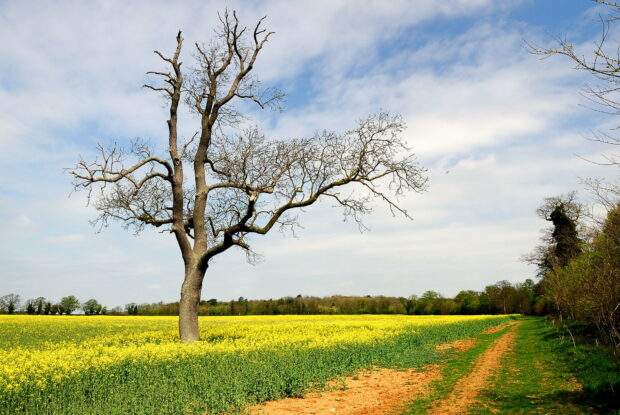
In March, we invited farmers to express interest in taking part in the first Sustainable Farming Incentive pilot. In this post, we'd like to share the response and what we’ll do next.
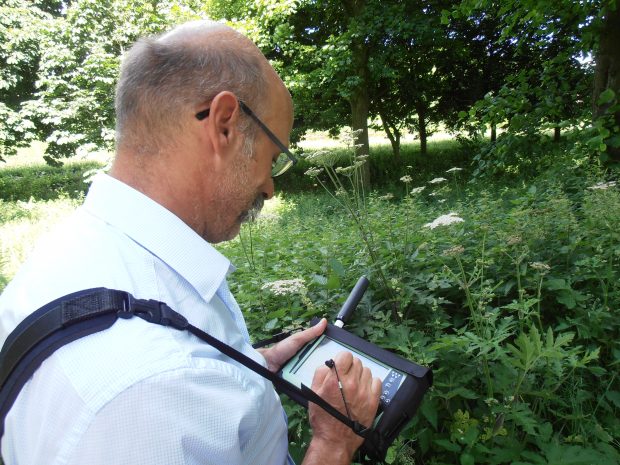
To many, cross compliance is something of a mystery. I want to explain what it is, why it’s important and what we are doing to improve it.
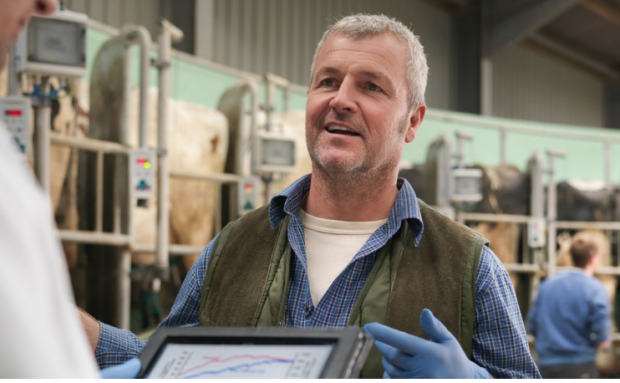
In the Agricultural Transition Plan, we said we believe there is a way for the industry to increase productivity in an environmentally sustainable way without relying on Direct Payments. In this post, I'll give an overview of the fund.
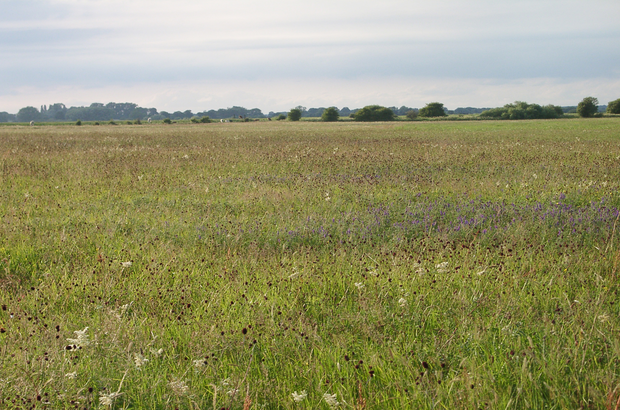
The Sustainable Farming Incentive is a new scheme for farmers that rewards environmental land management. Before it launches in 2022, the scheme will be piloted with farmers. From today, you can register your interest to take part.
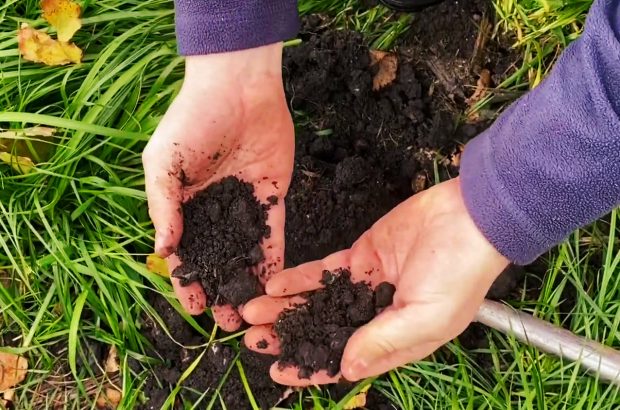
In this post, I'll provide an overview of our approach to payments for farmers taking part in the Sustainable Farming Incentive pilot.